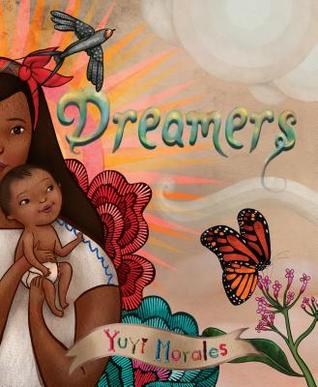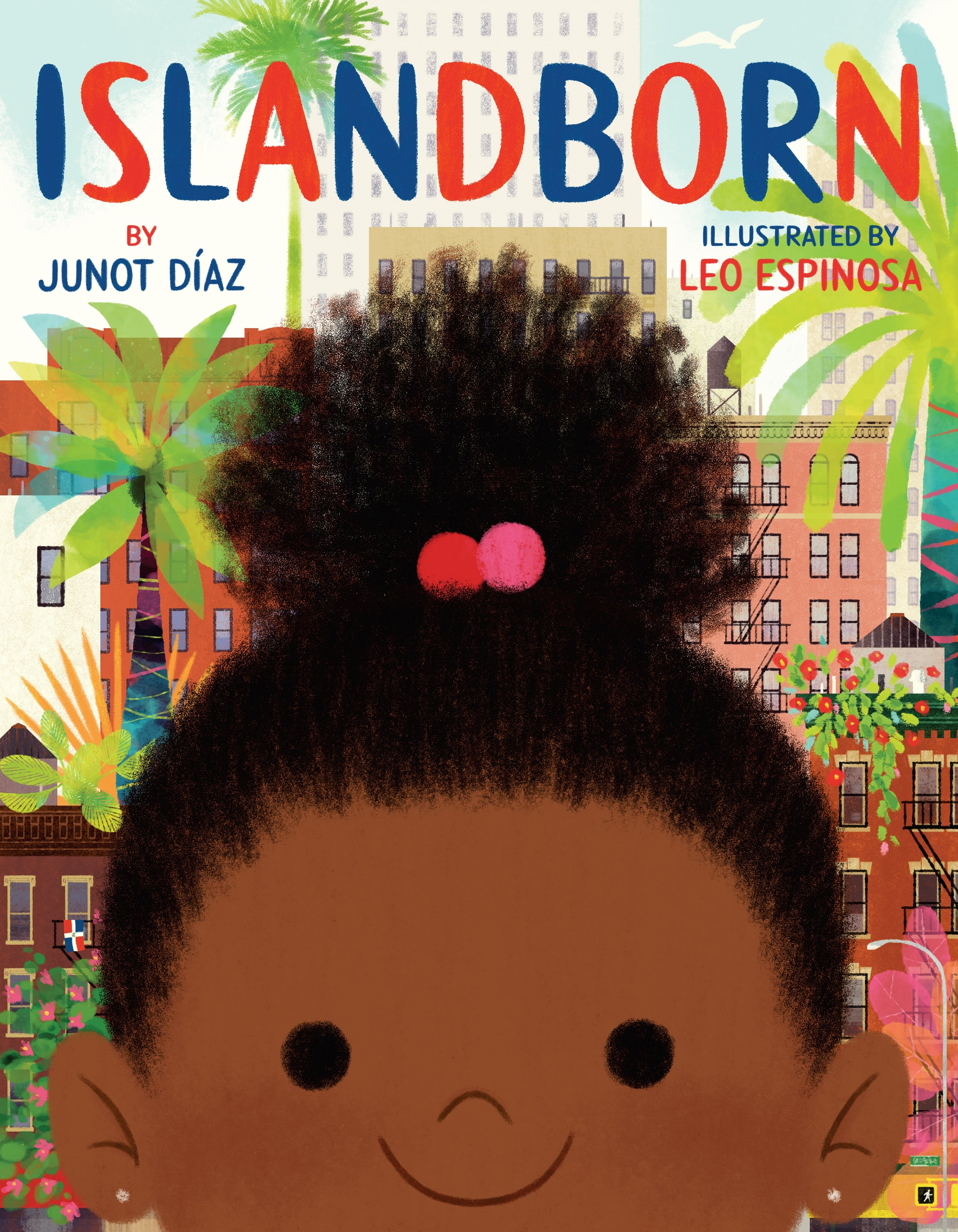Carmen M. Martínez-Roldán, Teachers College, Columbia, New York, Dámaris Muñoz Cataldo and Katherine Keim Riveros, Universidad de O’Higgins, Rancaqua, O’Higgins, Chile
 “Rompe nuestra burbuja” were the words that Mariposa (self-selected pseudonym), an eight-grade Chilean student, used when giving her opinion about the benefits of reading stories that explore how people from different cultures live. She revealed, “Porque uno aprende nuevas cosas y rompe nuestra burbuja, nos muestra diferentes realidades de la vida diaria [because we learn new things, and it pops our bubbles. It shows us different realities from daily life].”
“Rompe nuestra burbuja” were the words that Mariposa (self-selected pseudonym), an eight-grade Chilean student, used when giving her opinion about the benefits of reading stories that explore how people from different cultures live. She revealed, “Porque uno aprende nuevas cosas y rompe nuestra burbuja, nos muestra diferentes realidades de la vida diaria [because we learn new things, and it pops our bubbles. It shows us different realities from daily life].”
Teachers in U.S. classrooms are continuously looking for ways to engage their readers with children and young adolescent literature from various cultures, not only to support students’ reading but also to promote cross-cultural understandings needed to cultivate solidarity. Muhammad (2020) captured this concern in her question: “How will my instruction help students to learn something about themselves and/or about others?” (p. 58).
What we consider particularly interesting about Mariposa’s opening comment is that it comes from a student currently living in Chile as she and other six classmates responded to three culturally specific picturebooks from the United States. The books, chosen by Dámaris Muñoz Cataldo, an EFL teacher, were read and discussed in three reading workshops she was conducting with her English as a Foreign language (EFL) class students. With her professor Katherine Keim Riveros’s support, Dámaris engaged in an inquiry into the potential of culturally relevant literature from around the world with two goals in mind: promote her students’ interest in reading and develop cultural awareness and respect for diversity. She was also interested in providing opportunities for her students to create connections between the cultural background of the stories and their own lives.
 The two books chosen by Dámaris and read by her EFL students were Dreamers, by Yuyi Morales (2018), and Islandborn, by Junot Díaz (2018). Dreamers, was inspired by the author’s 1994 experience of migrating with her baby from Mexico to the United States. The story shows the migrants’ adventures, challenges, resilience, dreams and hopes while navigating unfamiliar territory. Islandborn details the story of a 6-year-old curious Afro-Caribbean girl named Lola. This story emerged as a result of the author’s experiences when he and his family fled to the U.S. from the Dominican Republic, torn apart by the dictatorship of Rafael Trujillo. Islandborn follows Lola’s quest to explore the island everyone in her community talks about, but she does not remember, as she was a baby when her family left.
The two books chosen by Dámaris and read by her EFL students were Dreamers, by Yuyi Morales (2018), and Islandborn, by Junot Díaz (2018). Dreamers, was inspired by the author’s 1994 experience of migrating with her baby from Mexico to the United States. The story shows the migrants’ adventures, challenges, resilience, dreams and hopes while navigating unfamiliar territory. Islandborn details the story of a 6-year-old curious Afro-Caribbean girl named Lola. This story emerged as a result of the author’s experiences when he and his family fled to the U.S. from the Dominican Republic, torn apart by the dictatorship of Rafael Trujillo. Islandborn follows Lola’s quest to explore the island everyone in her community talks about, but she does not remember, as she was a baby when her family left.
Immigration is a universal phenomenon and often people in host countries feel threatened by the unknown, as shown through U.S. and other countries’ histories. Books about immigration were relevant for Dámaris and Katherine, given that the Chilean population experienced a 19.4% increase of immigrants over the last four years. Dámaris’s school received many immigrants from Venezuela and Haiti. They were both keen to learn students’ perspectives on books addressing these issues.
For Batman Flash (self-selected pseudonym), the importance of reading these books lies in that “así sabemos más y criticamos menos [that way we know more and criticize less]). By knowing more about other people’s experiences through literature, students and teachers gain new knowledge and perspectives, which could lead to the development of solidarity.
Katherine and Dámaris also wanted to work with stories that allowed students to talk about cultural representation and make personal connections with their own experiences. Indeed, six out of seven of these Chilean students felt represented in these texts. After students took a look at their own surroundings, a region where agriculture and mining sustain many communities, they collectively created a Jamboard representing their thoughts. They identified with some of the characters, although their respective contexts are so different, yet that’s the power of quality children’s literature. Culturally relevant literature offers insights into nuanced aspects of some communities’ experiences, aspects that we don’t want to overlook, following Lewis’s (2000) cautionary note on the problems of identification that miss these differences. However, quality literature also offers opportunities for children to learn to recognize our similarities and respect our common humanity (Wolf, 2004). For middle school students who participated in these book discussions, they appreciated the opportunity to learn and talk about these differences and similarities. They felt they could offer their opinions and be listened to and respected, as students Soy Otaku and Lucho expressed:
“porque así cada uno decía lo que piensa sobre el tema [because each one said what they thought about the topic],”
“porque así podemos escuchar las diferentes opiniones [because that way we can listen to different opinions].”
Keys (2019) proposes “creating safe spaces for difficult dialogues is necessary if a learning environment is going to be inclusive and effective in dealing with these [challenging] issues” (p. 134). For teacher-researchers like Dámaris, these culturally diverse texts offered her such opportunities while supporting the English language learning of her students. She also hopes that more books published in Chile address the specific cultural stories of her students. Additionally, Katherine and Dámaris see the need for policymakers to provide Chilean schools with reading materials that do not only refer to British or North American cultures, as by doing so they marginalize the rest of the existing and equally relevant cultures. This call to action would benefit many teachers within Chile, the U.S., and actually any space where there is a teacher yearning to cultivate and sustain these discussions through children’s literature.
References
Keys, T. R. (2019). Use classroom safe space to tear down barriers to inclusion. Intercultural Communication Studies, 28(1), 132-151.
Lewis, C. (2000). Critical issues: Limits of identification: The personal, pleasurable, and critical in reader response. Journal of Literacy Research, 32(2), 253-266.
Muhammad, G. (2020). Cultivating genius: An equity framework for culturally and historically responsive literacy. Scholastic.
Wolf, S. A. (2004). Interpreting literature with children. Erlbaum.
WOW Currents is a space to talk about forward-thinking trends in global children’s and adolescent literature and how we use that literature with students. “Currents” is a play on words for trends and timeliness and the way we talk about social media. We encourage you to participate by leaving comments and sharing this post with your peers. To view our complete offerings of WOW Currents, please visit its archival stream.
- Themes: Carmen M. Martínez-Roldán, Dámaris Muñoz Cataldo, Dreamers, Islandborn, Junot Diaz, Katherine Keim Riveros, Yuyi Morales
- Descriptors: Student Connections, WOW Currents
